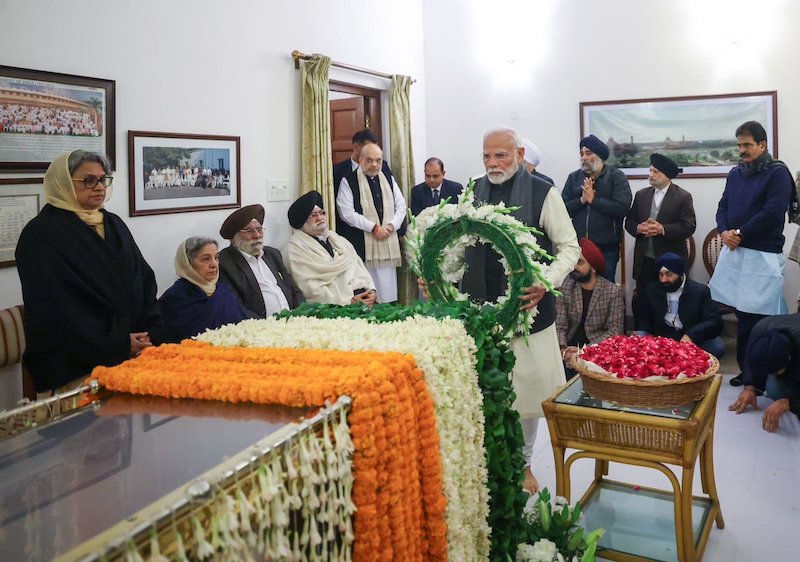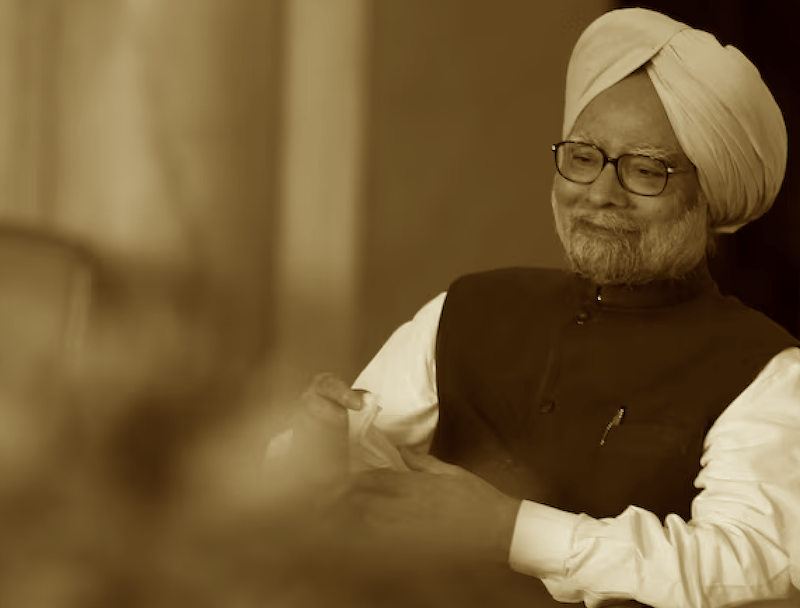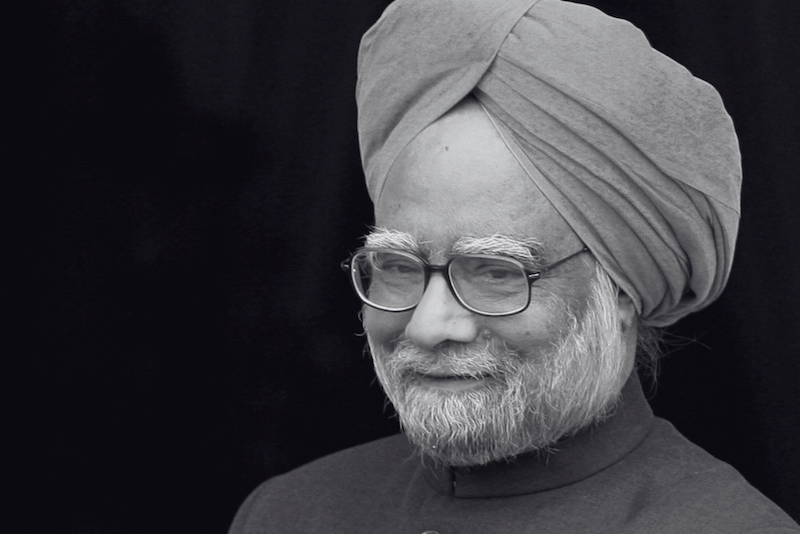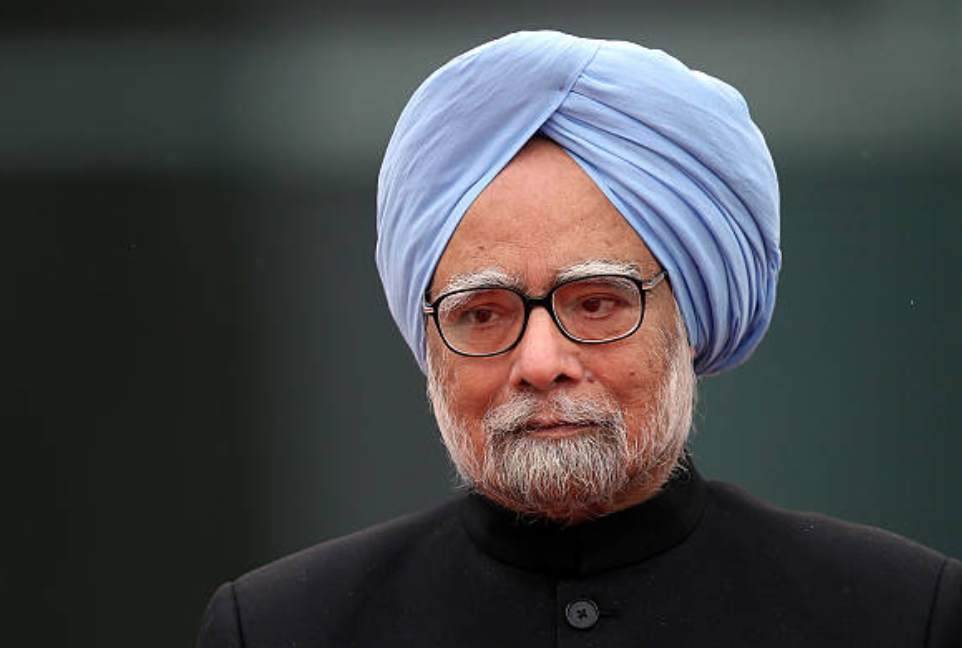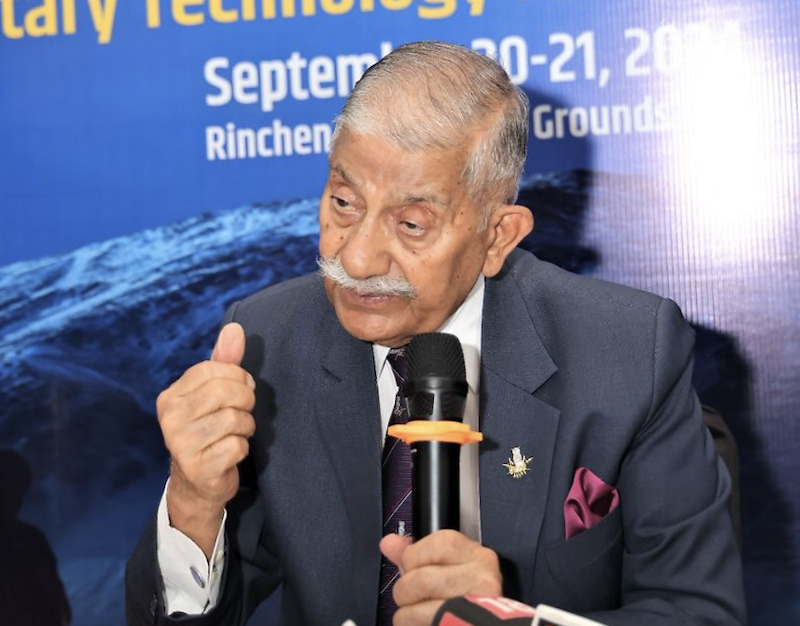 BD Mishra speaking to reporters at the HimTech Symposium at Leh’s Rinchen Auditorium, on September 21, 2024. (India Sentinels photo)
BD Mishra speaking to reporters at the HimTech Symposium at Leh’s Rinchen Auditorium, on September 21, 2024. (India Sentinels photo)
Leh: Brigadier Bal Dutt Mishra (retired), the lieutenant governor of Ladakh, dismissed claims of territorial losses to China in the eastern Ladakh region, in May-June 2020, when a confrontation between Indian and Chinese troops in the Galwan valley left at least 20 Indian and an unknown number of Chinese soldiers dead. He asserted that no Indian land was ceded in eastern Ladakh and junked reports of China’s encroachment into Indian territory and subsequent squatting on parts of it near the line of actual control (LAC) as “rumours”.
Speaking at the HimTech – 2024 Symposium, here at the Rinchen Auditorium, Mishra emphasized that no recent territory had been lost to China, countering credible reports and political claims, and said the only territory India lost was during the 1962 conflict, specifically in the Aksai Chin area, which remains under Chinese control. He said, “All the rumours about a significant loss of territory are false. I have been on the ground – to Galwan and other places. Whatever territory was lost in 1962 or around that period is with the adversary.”
He said since then, India has “maintained its borders with strong determination”. Mishra highlighted that, despite ongoing tensions at friction points like Depsang and Demchok, the Indian forces are prepared to defend their land robustly. “No losses have taken place now because we are very much determined … and China knows that we will defend to the last man and last bullet,” he said.
The lieutenant governor’s remarks come in the context of continued tensions along the LAC, where skirmishes have raised concerns about China’s growing assertiveness. Currently, both India and China have amassed a large number of troops and military hardware along the LAC and soldiers of both the countries are in a bitter stand-off against each other at several “friction points”.
His statements align with the Prime Minister Narendra Modi-led Indian government’s stance that, despite some military confrontations, the country has not lost any ground to China in recent years. This assertion serves as a response to ongoing debates regarding the situation in Ladakh, where India has been ramping up infrastructure and military presence to counter Chinese activities in the area.
Mishra also spoke about the Agnipath recruitment scheme, which has been controversial since its introduction in 2022. Agnipath aims to recruit soldiers for a short-term four-year tenure in the Indian armed forces.
The lieutenant governor defended the scheme, praising it as a significant reform that would modernize the military by attracting young talent and reducing long-term pension burdens. He rubbished the criticism of the scheme as “false propaganda” and said those against the scheme are “anti-nationals”.
He said, “Anybody making false propaganda about the disadvantages of the Agnipath project is not acting in the national interest – it’s bordering on anti-national.” The lieutenant governor then added, “When the Agnipath scheme was first introduced, there was sabotage and vandalism, with government property irresponsibly destroyed. But, as I have observed, all the Agniveers (the soldiers recruited through the scheme) I have met are very keen, very smart, and doing very well.”
Critics, however, have raised concerns over the limited career prospects for the recruits, known as Agniveers, who serve only four years before exiting the military, unless selected for continued service. A report said even former Indian Army chief, General Manoj Mukund Naravane, in his yet-to-be-released book, wrote that the Indian military brass was taken by surprise when the government announced the Agnipath recruitment scheme.

